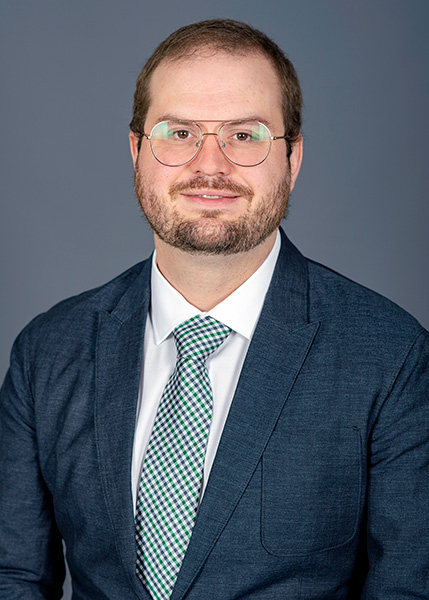- Faculty
- Kyle E. Harvey
Kyle E. Harvey

Contact Information
Email: kharvey@wcu.eduPhone: 828.227.2199
Office: 204C McKee Building
Personal Website: https://wcu.academia.edu/KyleHarvey
Pronouns: he/him/his
Biography
I grew up in Michigan and got my undergraduate degree there. Since then, I’ve lived and done research in many places, including Spain, Argentina, and Chile. Before coming to Western, I was based in Ithaca, New York, where I completed my graduate work. When I’m not here, I’m probably in Michigan, Colombia, or trying to get to my research sites in Argentina and Chile.
Education
- Ph D, Cornell University
Teaching Interests
My teaching revolves around Latin American history. I regularly teach Latin American history I & II. In those courses, we focus on the common history of Latin America and the struggles that have shaped its social development and its diverse cultures. We also emphasize listening to different historical ‘voices’ from Latin America through not just written documents, but also art, music, video, and film. I have taught an upper-level seminar on my areas of research, namely nineteenth-century Latin America in a global context. I’m currently developing an upper-level courses on the integrated history of the Americas over the last 200 years.
Research Interests
My research interests involve the intersection of social history, historical geography, history of technology and environment, and political economy. My book, <i>In Place of Mobility: Railroads, Rebels, and Migrants in an Argentine-Chilean Borderland </i>(under contract with University of North Carolina Press), examines the historical evolution of a borderland between Argentina and Chile in the mid-nineteenth century by focusing on the movement of people and things across those mountains in the context of political upheaval, technological change, and reorientations in the global economy. Broadly, this research allows individuals’ creation of lived geographies to inform how we understand global structural changes. This research has been supported generously by numerous institutions, including the Social Science Research Council and the Fulbright.